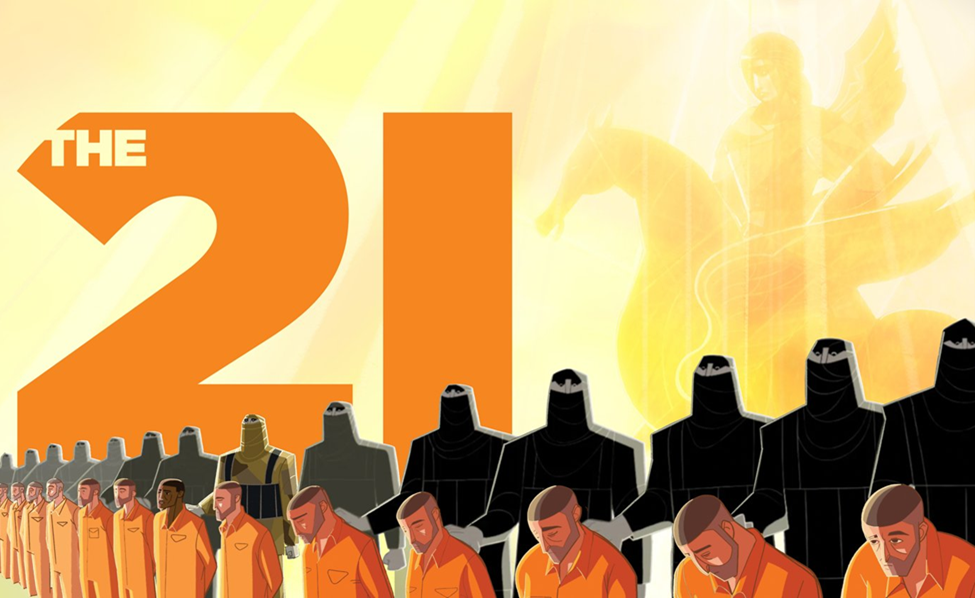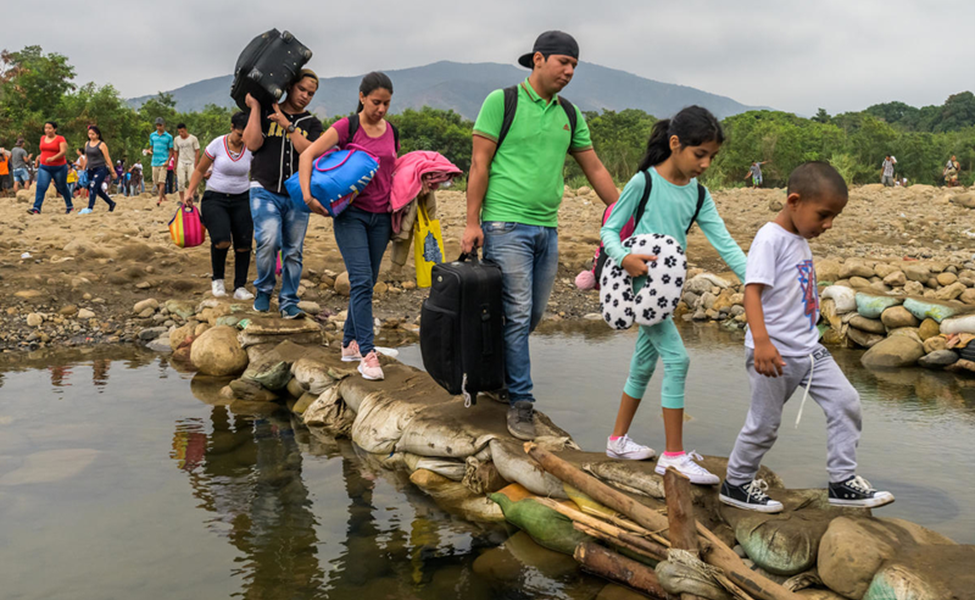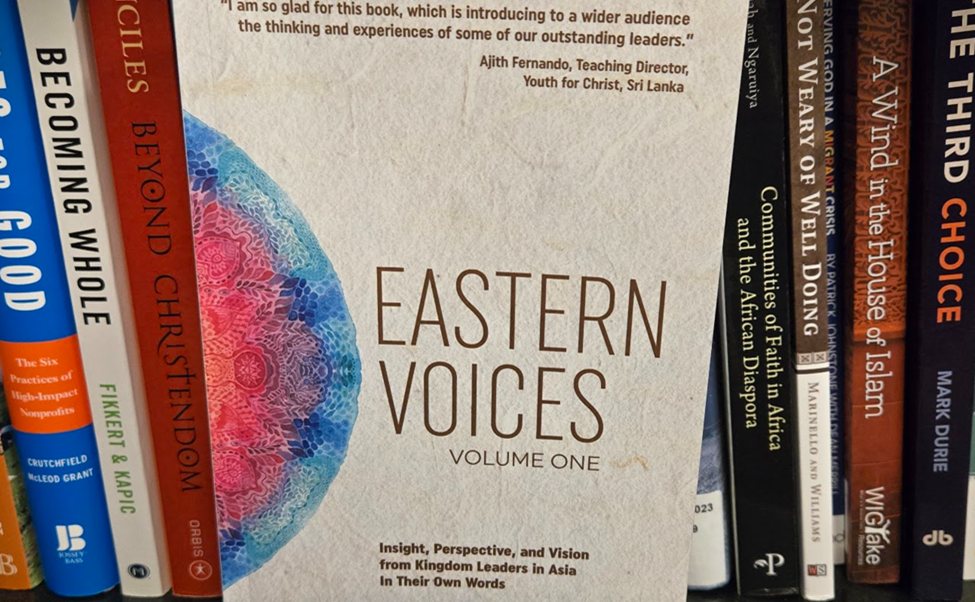
Generosity Trending
February 18, 2025The most generous generation in history is ready to graduate. Are we ready to train them?
Will the generation currently in college be the most generous in history?
That was the premise I suggested at a recent talk I gave at Taylor University. I challenged the students to take advantage of the fact that they have access to more financial and technological resources than any generation that has come before and harness that powerful combination to create wealth and give it away. Added to that is the fact that the rising generation all over the world will have access to Scripture in their own heart language, in vernacular that they can readily understand, meaning that today’s college students have access to the biblical mandate of generosity with a clarity that previous generations, especially in the Majority World, have lacked.
Not only that, but we are currently in the middle of the largest generational transfer of wealth in human history. By 2048, according to some estimates, $124 trillion will have passed from one generation to the next. This has massive implications not only for generosity and philanthropy but for business, entrepreneurship, global partnership, and even cultural understandings about what wealth means and what it should be used for.
What’s interesting about the generation currently in high school and college is that no one knows very much about them yet. Demographic researchers have spent millions of dollars and hours studying Baby Boomers, Gen-Xers, Millennials, and Gen-Z, but the next generation, which some are calling Gen Alpha, is largely a mystery. Millennials were the first generation to grow up as digital natives, and Gen-Z were the first to have access to the world’s complete knowledge base via the internet from before they could talk. Gen Alpha is the first generation with access to rapidly evolving AI tools before they even enter the workforce. No one knows what that means yet, but there’s no question that this generation will make a significant impact on the world. I believe one way they will do that is through radical generosity.
But people don’t tend to be generous just by nature. There’s a reason there are something like 2,350 verses in Scripture that deal with topics like money, possessions, stewardship, and generosity. God is well aware of our shortcomings, so he provided plenty of instruction about the importance of living lives characterized by generosity as opposed to our natural predilection toward selfishness and vain ambition.
The point is that if the next generation is going to be the most generous in history, they’re most likely not going to get there in a theological vacuum. They will need training, mentoring, instruction, and godly examples to follow. That means it’s going to be up to us to model what radical generosity looks like for the generous generation that comes after us.
Here’s what’s happening.

Encouraging Trends
The Center for the Study of Global Christianity at Gordon-Conwell Theological Seminary has released its annual Status of Global Christianity report, and Lifeway Research analyzed the data and identified nine encouraging trends. A lot of the news featured in the THF Weekly Briefing tends to be negative, so it’s good to have something positive to give thanks for! Here are a few of the trends identified by Lifeway that line up with what we’ve been observing through our communication with grantees and global partners. First, Christianity is growing worldwide, particularly in Asia and Africa. The sheer number of people who identify as Christian is staggering—it’s roughly a third of the global population. Of course, the total population is growing too, at about the same rate. So although Christianity continues to grow in numbers, the church’s work is by no means finished, as there are more people alive today who have never heard of Jesus than ever before in history. Despite this, we can be encouraged by another trend, which is that the percentage of people without any gospel access is declining. Many THF partners are working hard to bring the gospel to Unreached People Groups, and this report indicates that their efforts are bearing fruit. Third, the number of languages with at least a translated New Testament continues to grow. Tyndale has been a major partner for translation organizations like Wycliffe, Seed Company, Davar Partners, and Faith Comes By Hearing, so this news is very encouraging. Fourth, atheism and the number of “nones” are both declining. This is good news in light of other recent reports about the secular Gen-Z culture. Multiple THF partners are working with young people, who are the most likely to be disconnecting from Christianity, so the global trend away from religious disassociation is good to see.

Short Film “The 21” Released
Last Wednesday was a somber ten-year anniversary. On February 12, 2015, ISIS terrorists marched 20 kidnapped Egyptian Christians and one Ghanaian believer onto a beach in Libya, forced them to kneel, and brutally murdered them. They videoed the atrocity and posted the video for all to see. The goal of the terrorists was to strike fear into the hearts of the West. In this, they failed utterly. What they did instead was show the world a scene of heartbreaking tragedy and despicable outrage, but much more important, amazing faith. In the moments before their death, the hostages were heard calling upon the name of Jesus. They had been given a chance to save their lives by renouncing their Christianity and turning to Islam. But they didn’t even consider it. They knew they were going to die, but they also knew they were about to enter eternal life. The world was furious, of course. The murders were denounced by Christian and Muslim leaders alike. Within days, the Egyptian Bible Society (a THF grantee) had published a booklet titled “Two Rows by the Sea,” containing a powerful poem and passages of Scripture. In the weeks and months that followed, the example of faith set by the martyrs rallied the Global Church. Last week, on the ten-year anniversary, a short animated film called “The 21” was released, telling the story again. You can watch it here—it’s well worth 13 minutes of your time to remember what happened a decade ago on the beach in Libya. Use it as a reminder to pray for Christians in the Middle East and elsewhere who still face daily threats to their lives because of their faith.

Pray for Refugees
What do you think of when you hear the word refugee? The US government has a formal definition. According to the Immigration and Nationality Act of 1952, as amended by the Refugee Act of 1980, a refugee is a person who is outside their country of nationality and is unable or unwilling to return to that country because of persecution or a well-founded fear of persecution based on race, religion, nationality, membership in a particular social group, or political opinion. Refugees have been in the news lately because of actions taken by the Trump Administration to suspend the Refugee Admittance Program, or USRAP. The USRAP is a humanitarian initiative that screens, selects, and resettles refugees in the United States. The suspension seems to mean that for at least 90 days (starting on January 27), no refugees will be allowed into the US (with some exceptions). This is very bad news for people who have already been vetted and approved for entry and now have to wait for the suspension to be lifted. It’s also bad news for organizations like World Relief, a THF partner, who receive funding from the federal government to help refugees get resettled. On Friday, February 14, Tyndale hosted leaders from World Relief Chicagoland. About 60 employees participated in the meeting. I won’t comment on the political implications here, but I will urge all of us to pray for refugees. According to UN data, there are more than 43 million refugees worldwide, people who have had to flee their homes and cross international borders because of persecution. I know people have complicated and conflicting opinions about immigration law and enforcement, but leaving politics aside, I hope we can all at least agree to pray for these tens of millions of people—nearly half of whom are Christians according to a 2024 Pew Research Center report, and 40 percent of whom are children according to UNICEF—who need help. Obviously the US can’t help them all, executive orders or no executive orders. Only God can do that. So let’s pray for God’s blessing and provision for refugees worldwide.

From the Bookshelf
My office was painted recently, and in preparation, I had to box up a bunch of books that were on shelves I’m getting rid of. This turned out to be a great opportunity for taking inventory of the books I haven’t read yet. One of them is Eastern Voices, a collection of essays written by writers from places like Japan, Bangladesh, Myanmar, India, Cambodia, and elsewhere. The book was put together by a THF partner that used to be called Asian Access (last year they rebranded themselves as A3). Glancing through the table of contents, I saw that several of the writers are leaders with organizations that THF has supported over the years. One of them is a current participant in an active THF program called No More, through which we and others hope to equip global theologians to confront sexual abuse in the church. Another is the senior leader of the IFES movement in his country. At Tyndale, we talk a lot about the importance of raising up local writers to serve the local church. That’s why supporting indigenous Christian publishing is one of our grantmaking priorities. So it’s very cool to see so many of these writers featured in a book with contextually relevant topics like Scripture engagement, cross-cultural dialogue, facing persecution, caring for migrants, and more. I started by reading the chapters written by authors I know, but I quickly found myself captivated by the writings of the other authors as well. If you’re interested in what Asian writers have to say about the realities of being the Church in an Asian context, I commend this book to you.
That’s it for this week’s briefing. Please send any questions, comments, and encouraging global trends to [email protected]. I send out this email resource most weeks primarily for a Tyndale audience, but you should feel free to share it with others who may be interested, inside or outside of Tyndale. Thanks for continuing to pray for and support our partners around the world.
Jeremy Taylor
President | Tyndale House Foundation
The THF Weekly Briefing provides information about significant events happening in the wide universe of Tyndale House Foundation partner organizations as well as an occasional peek behind the scenes of THF’s operations. It is available to anyone at Tyndale who’s interested in learning more about the Foundation side of the organization. Was this email forwarded to you? Contact [email protected] to be added to (or removed from) the distribution list.

